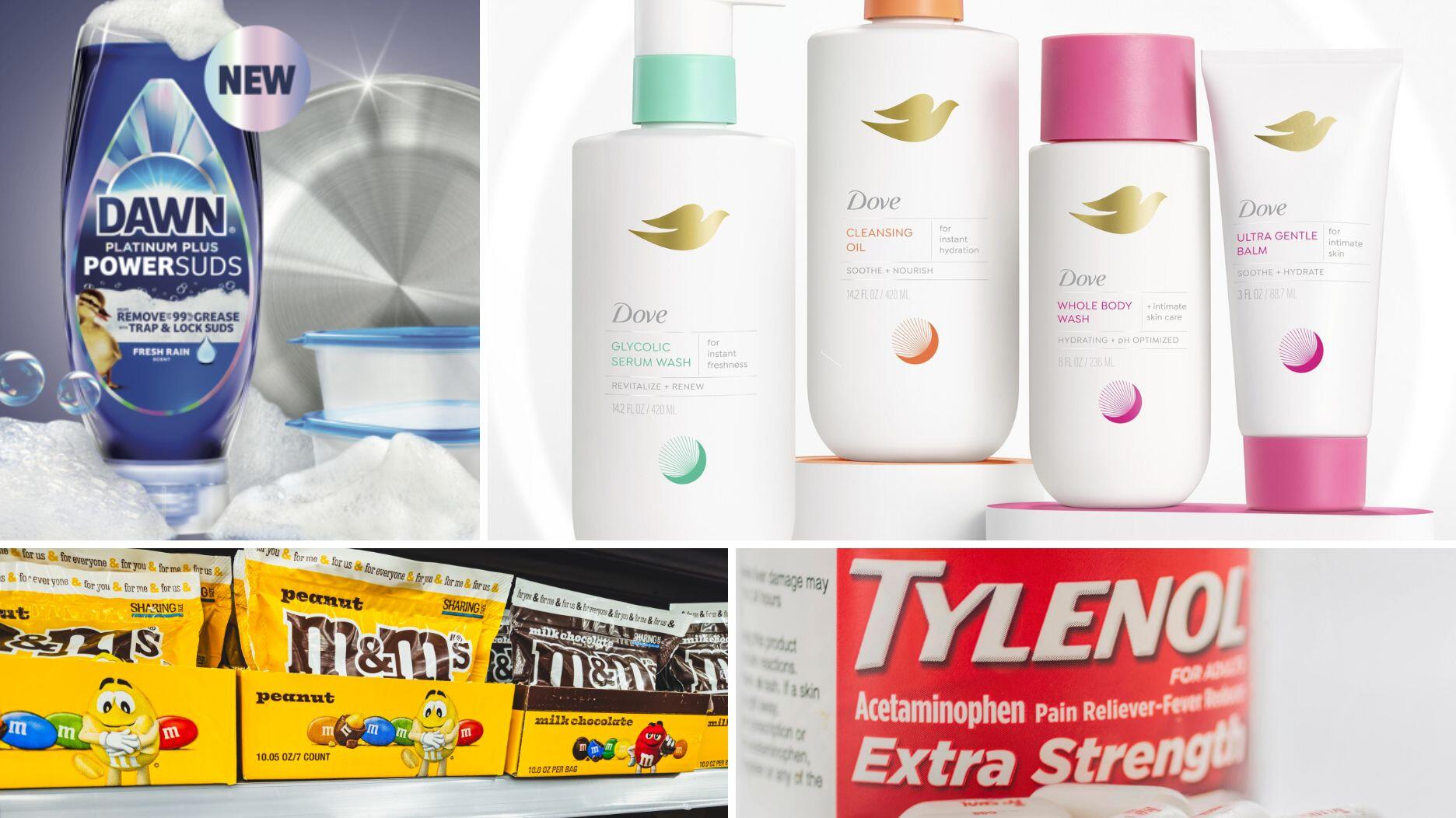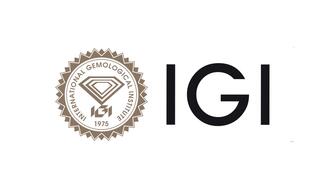IGI is buying the colored gemstone grading laboratory through IGI USA, and AGL will continue to operate as its own brand.
For affluents, online advice tips the buying scales
The latest Survey of Affluence and Wealth found that well-to-do Americans today are relying more on online reviews than brand messaging or salespeople’s opinions when deciding what to buy.
Naples, Fla.--The latest Survey of Affluence and Wealth found that well-to-do Americans today are relying more on online reviews than brand messaging or salespeople’s opinions when deciding what to buy.
According to the survey, which was conducted by Time Inc. and YouGov, 80 percent of affluent consumers (defined as the top 10 percent of households in terms of annual income) in the U.S. say they know what they want and how much they’re willing to pay before they even interact with a salesperson when it comes to purchasing luxury or high-end goods and services.
Additionally, fewer affluent American consumers in the top 5 percent of U.S. households say that they have favorite brands in retail, fashion or luxury hotels. Only 28 percent said that they have a favorite retailer, versus 47 percent more than five years ago, and only 61 percent selected a favorite fashion brand, compared with 80 percent in 2007/2008.
Moreover, consumers are relying less on solely brand messaging to form their opinions about brands and more on online comments by users of the product or service--72 percent said that this feedback was important to them when making decisions about purchases, increasing from 65 percent just two years ago.
“At the beginning of the recession, fear drove people to stop spending. But in being resourceful, they discovered that they could actually manage the threat of further recession,” said Jim Taylor, vice chairman of YouGov. “As a result, the power of brands as a source of self-identification became severely eroded. Affluent consumers adopted a strategic approach to shopping that involves research, drawing on their own taste or judgment and--for a segment of consumers--the use of brands as the vanguards of successful shopping.”
Wealthy consumers also are increasingly harnessing the power of mobile while they’re shopping, with 49 percent of American affluent shoppers who own devices reporting that they shopping in stores, they often use their smartphone or tablet to research prices or other product options online.
“What we’ve found is that resourceful consumers believe that the most important brand in a store or a car dealership is their own,” said Caryn Klein, vice president of Time Inc. Research & Insights. “Repeated strategies for purchasing now depend upon the individual’s confidence in their own taste, confidence in their ability to research quality and value, and confidence in the brand itself. These strategic propositions yield substantial differences
The study also looked at the impact of the recession on the habits of this group, and found that the downturn has made them more confident in their ability to help their families through the tough times.
Affluent consumers in America also are building up their savings to protect themselves and their families against such situations in the future--the survey found that affluent households in the U.S. are saving 23 percent of their income on average.
And, when it comes to living a fulfilling life, more U.S. affluent and wealthy consumers feel passionately about spending their time and money on experiences rather than material objects--more feel strongly about spending time with their family (69 percent this year compared with 63 percent last year), more want to see the world (52 percent this year versus 40 percent last year), and more want to simplify their lives (45 percent this year compared with 36 percent last year).
The annual Survey of Affluence and Wealth by Time Inc. and YouGov is now in its ninth year. This year, however, marked the first time the study expanded beyond American shoppers.
In addition to research obtained from 1,700 consumers in the top 10 percent of income earners in the U.S., affluent consumers in 11 additional countries were included in the research and separate data was given for those countries as well. More information can be found here.
The Latest
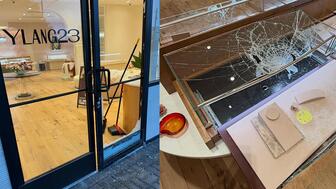
The Texas jeweler said its team is “incredibly resilient” and thanked its community for showing support.

From cool-toned metal to ring stacks, Associate Editor Natalie Francisco highlights the jewelry trends she spotted at the Grammy Awards.
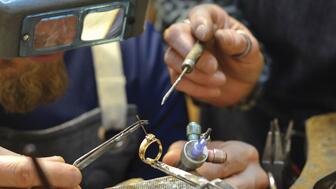
Launched in 2023, the program will help the passing of knowledge between generations and alleviate the shortage of bench jewelers.

The medals feature a split-texture design highlighting the fact that the 2026 Olympics are taking place in two different cities.

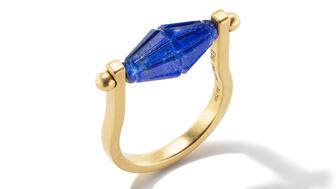
The “Khol” ring, our Piece of the Week, transforms the traditional Indian Khol drum into playful jewelry through hand-carved lapis.
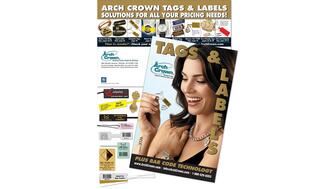
The catalog includes more than 100 styles of stock, pre-printed, and custom tags and labels, as well as bar code technology products.

Criminals are using cell jammers to disable alarms, but new technology like JamAlert™ can stop them.
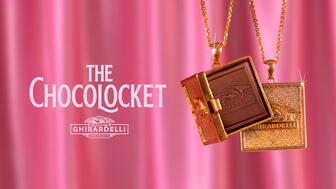
The chocolatier is bringing back its chocolate-inspired locket, offering sets of two to celebrate “perfect pairs.”
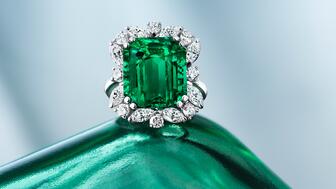
The top lot of the year was a 1930s Cartier tiara owned by Nancy, Viscountess Astor, which sold for $1.2 million in London last summer.
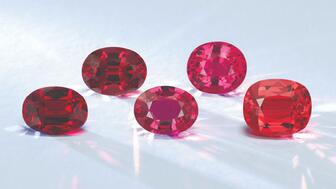
Any gemstones on Stuller.com that were sourced by an AGTA vendor member will now bear the association’s logo.

The Swiss watchmaker has brought its latest immersive boutique to Atlanta, a city it described as “an epicenter of music and storytelling.”
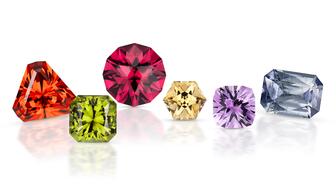
The new addition will feature finished jewelry created using “consciously sourced” gemstones.

In his new column, Smith advises playing to your successor's strengths and resisting the urge to become a backseat driver.
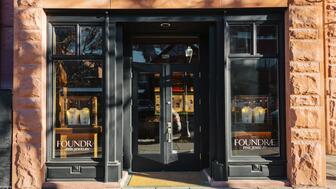
The new store in Aspen, Colorado, takes inspiration from a stately library for its intimate yet elevated interior design.
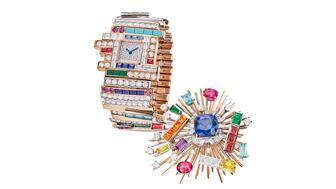
The brands’ high jewelry collections performed especially well last year despite a challenging environment.
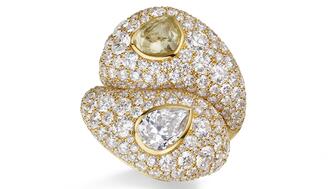
The collection marks the first time GemFair’s artisanal diamonds will be brought directly to consumers.

The initial charts are for blue, teal, and green material, each grouped into three charts categorized as good, fine, and extra fine.
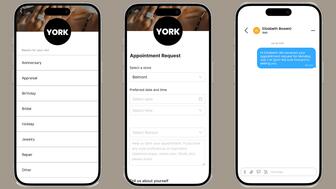
The new tool can assign the appropriate associate based on the client or appointment type and automate personalized text message follow-ups.
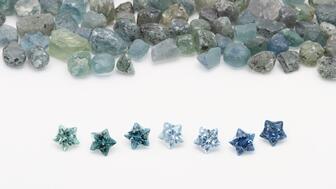
Buyers are expected to gravitate toward gemstones that have a little something special, just like last year.

Endiama and Sodiam will contribute money to the marketing of natural diamonds as new members of the Natural Diamond Council.
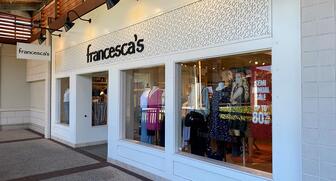
The retailer operates more than 450 boutiques across 45 states, according to its website.

The new members’ skills span communications, business development, advocacy, and industry leadership.

The jeweler’s 2026 Valentine’s Day campaign, “Celebrating Love Stories Since 1837,” includes a short firm starring actress Adria Arjona.

The new features include interactive flashcards and scenario-based roleplay with AI tools.

Family-owned jewelry and watch retailer Deutsch & Deutsch has stores in El Paso, Laredo, McAllen, and Victoria.
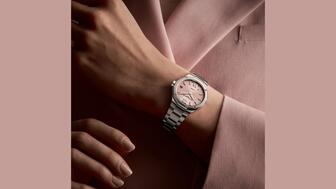
The Italian luxury company purchased the nearly 200-year-old Swiss watch brand from Richemont.













